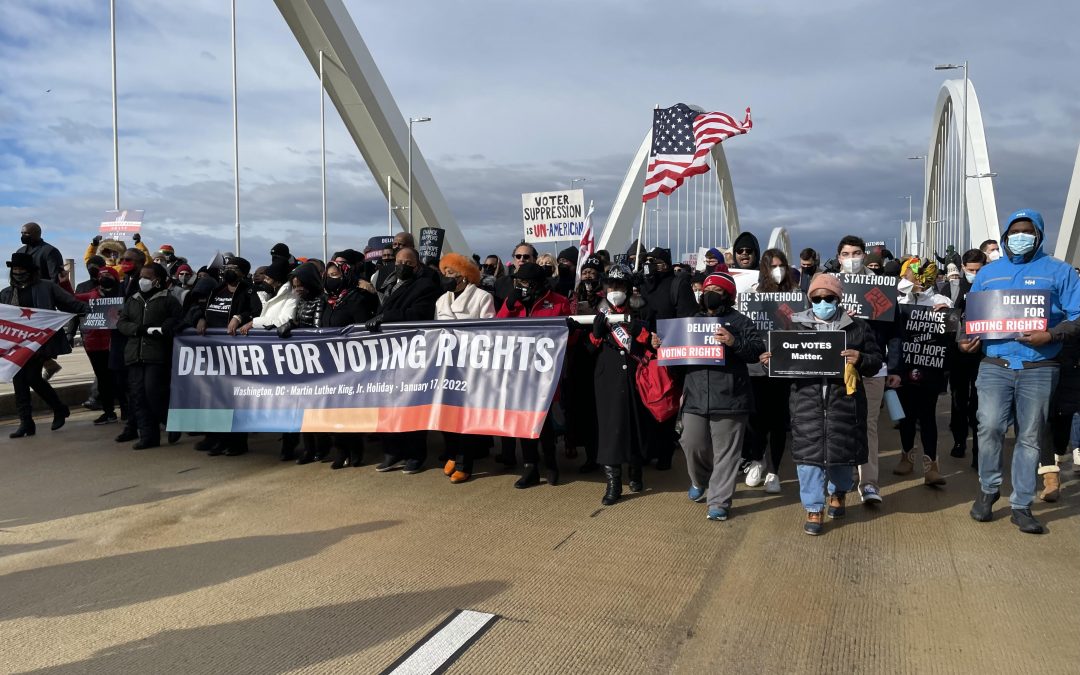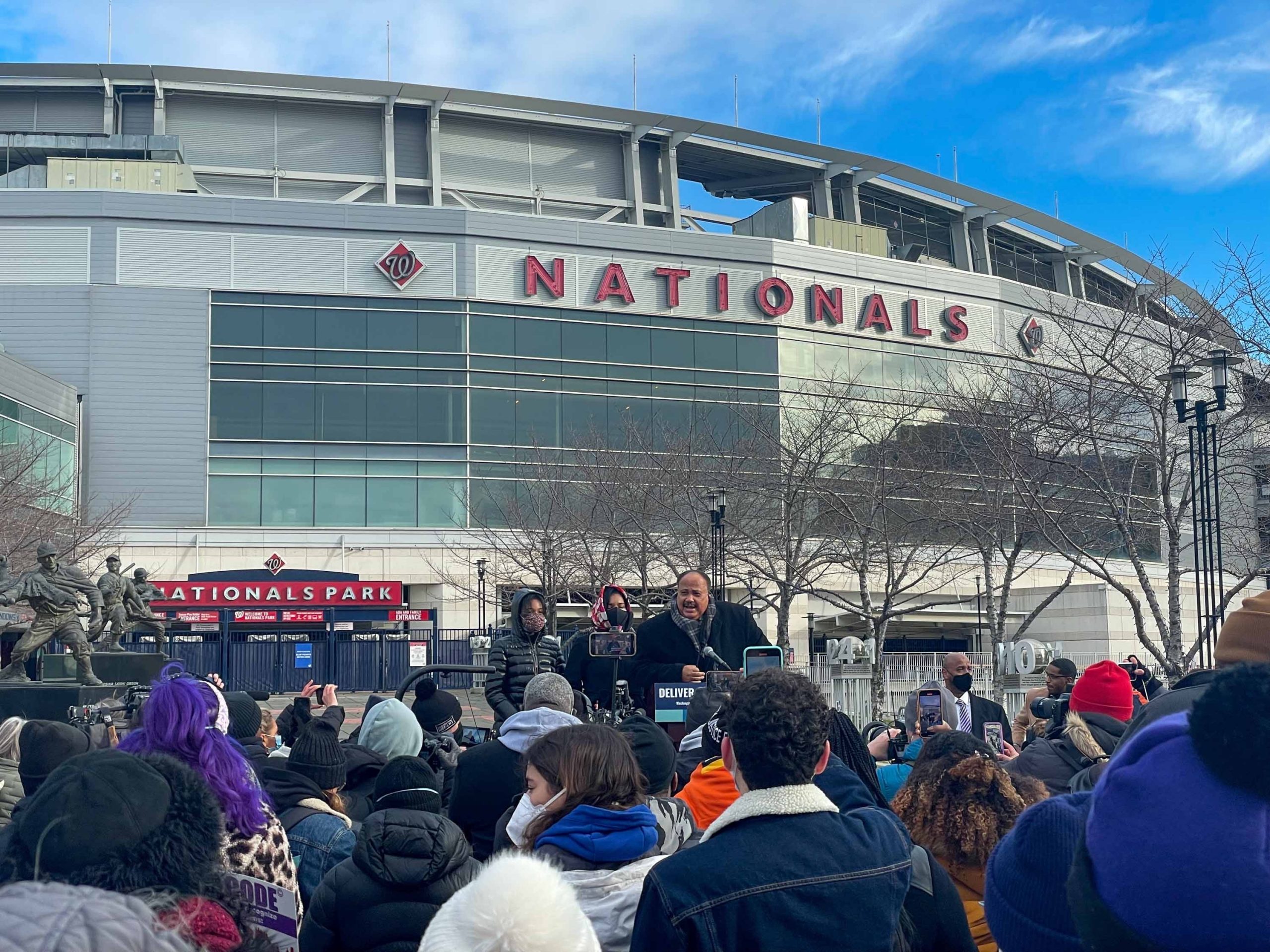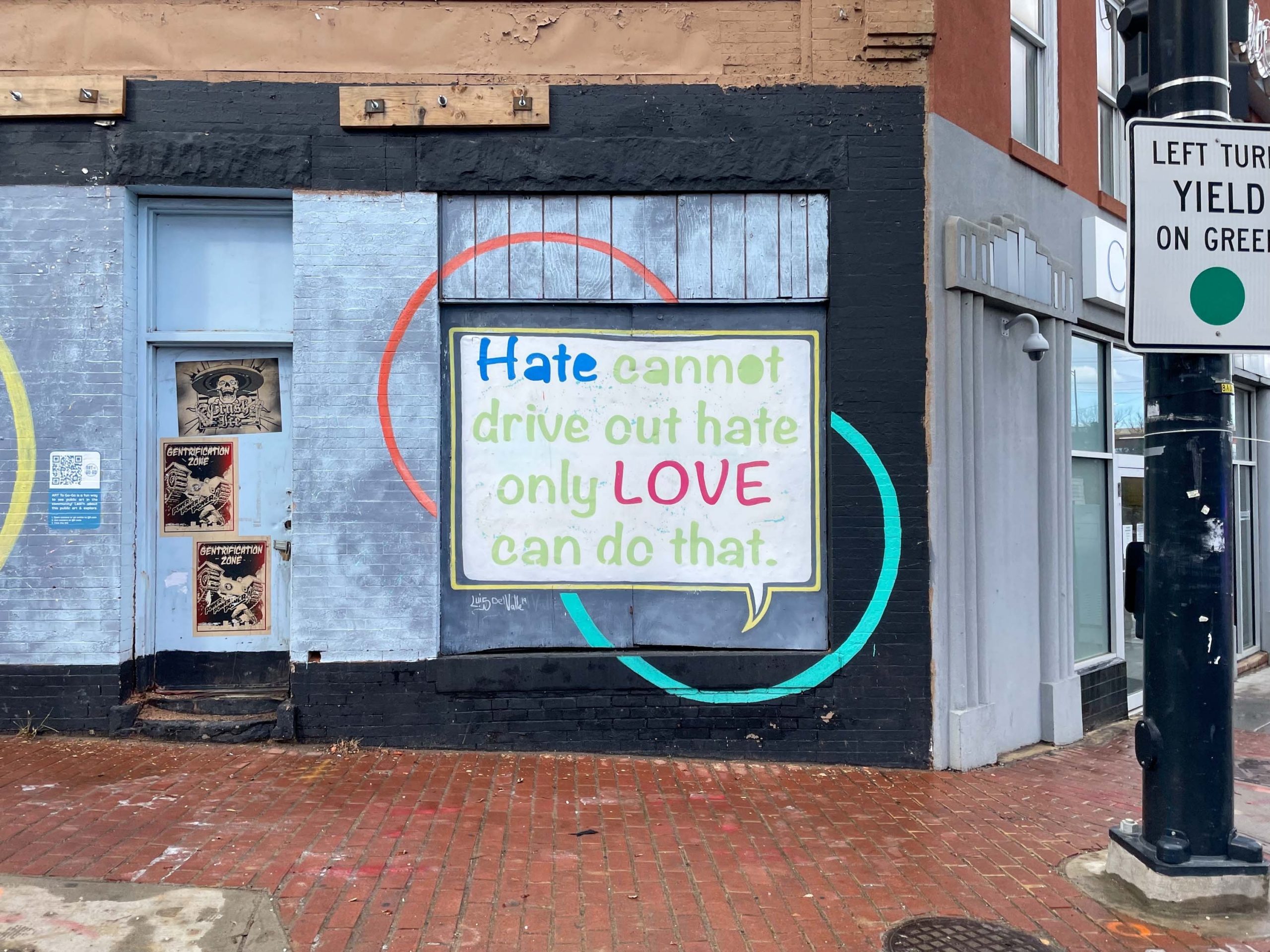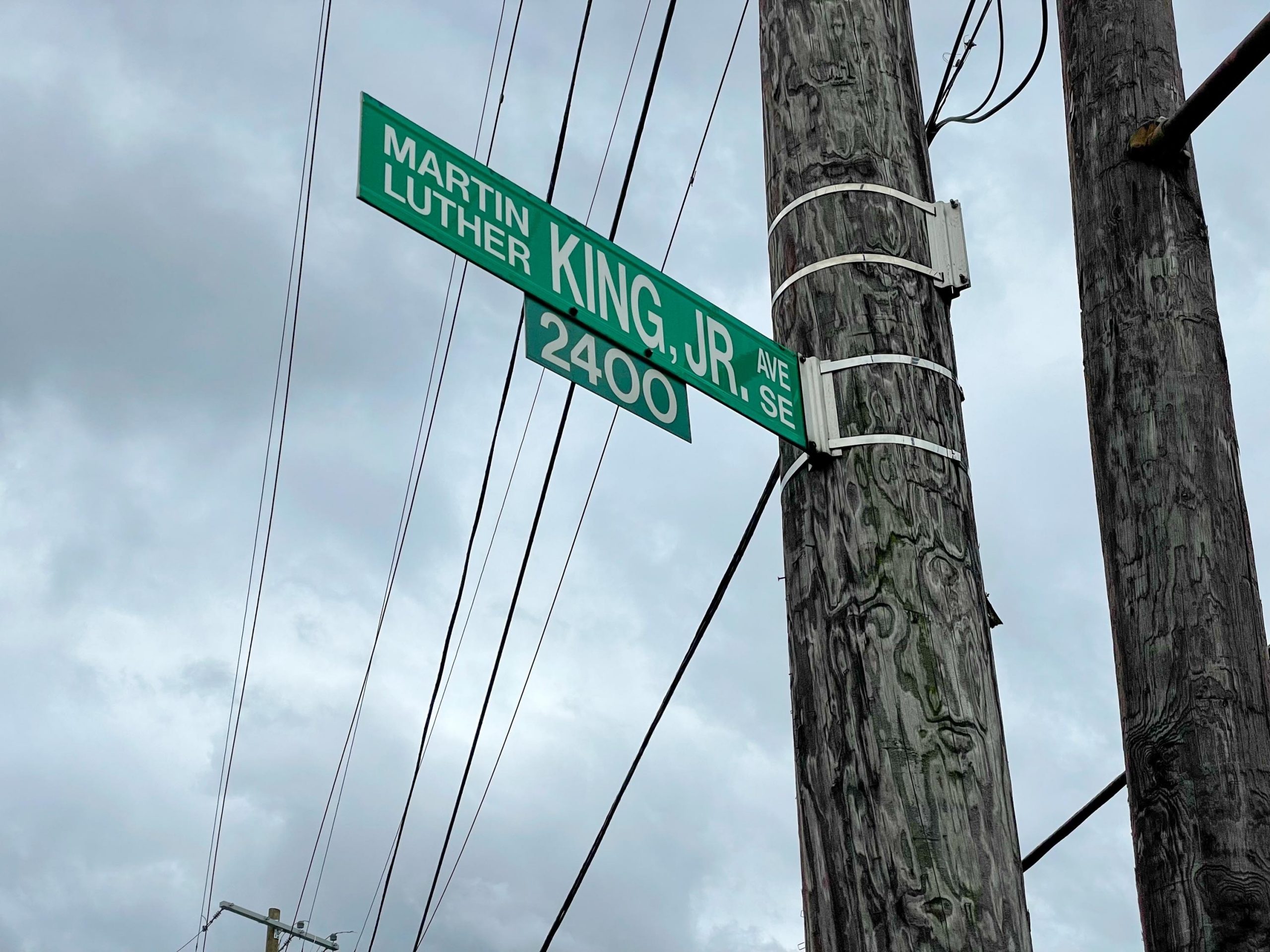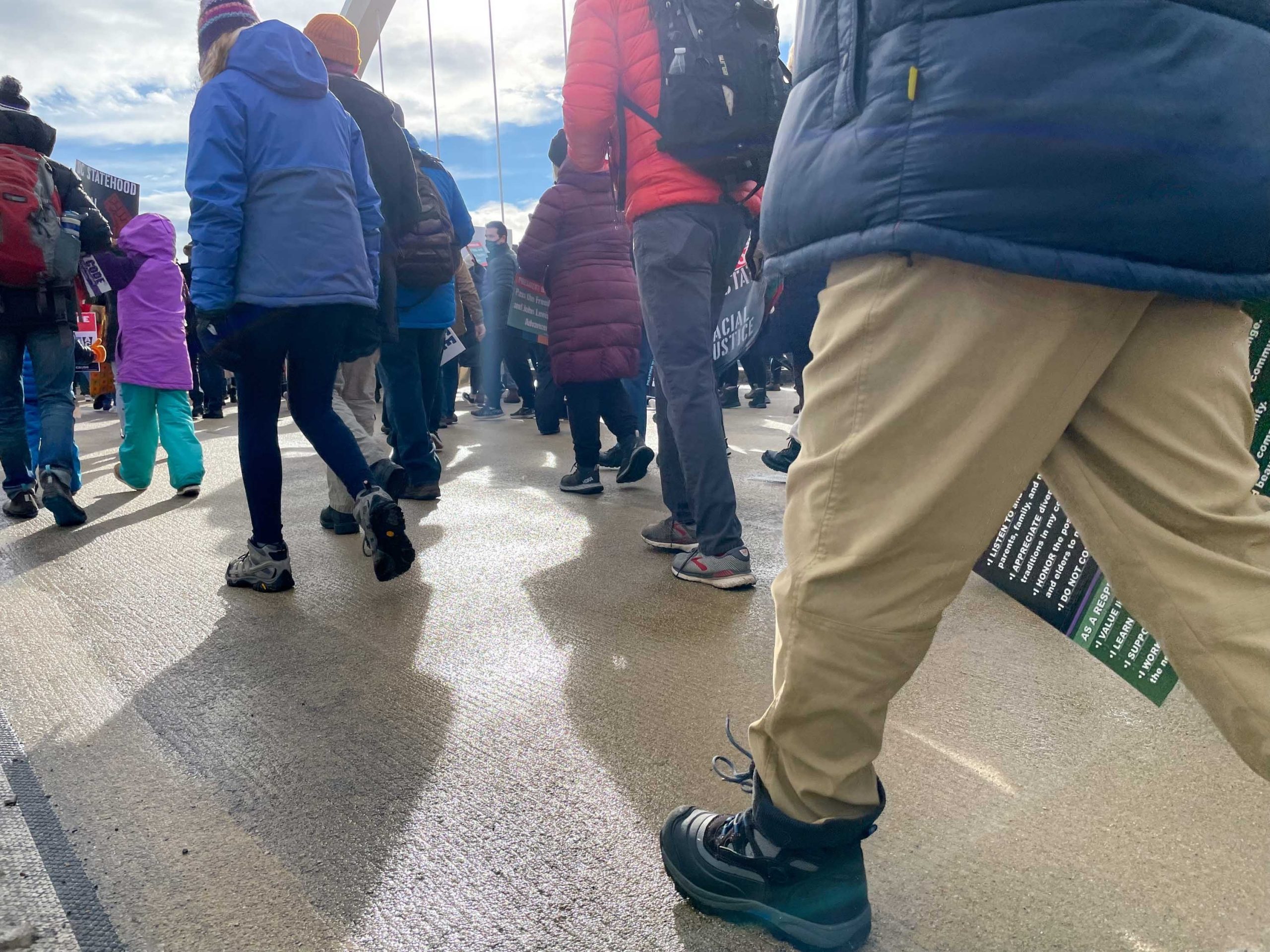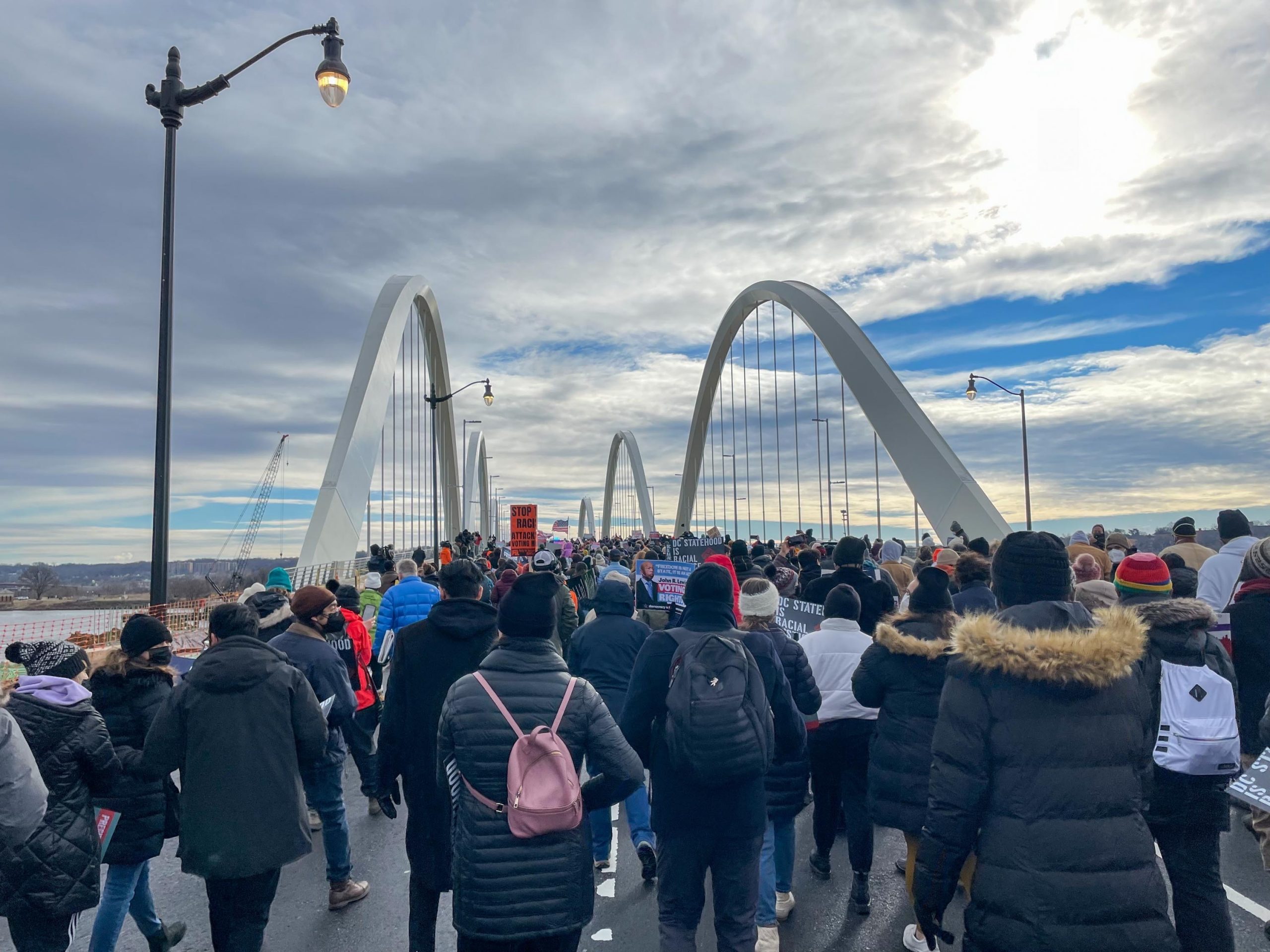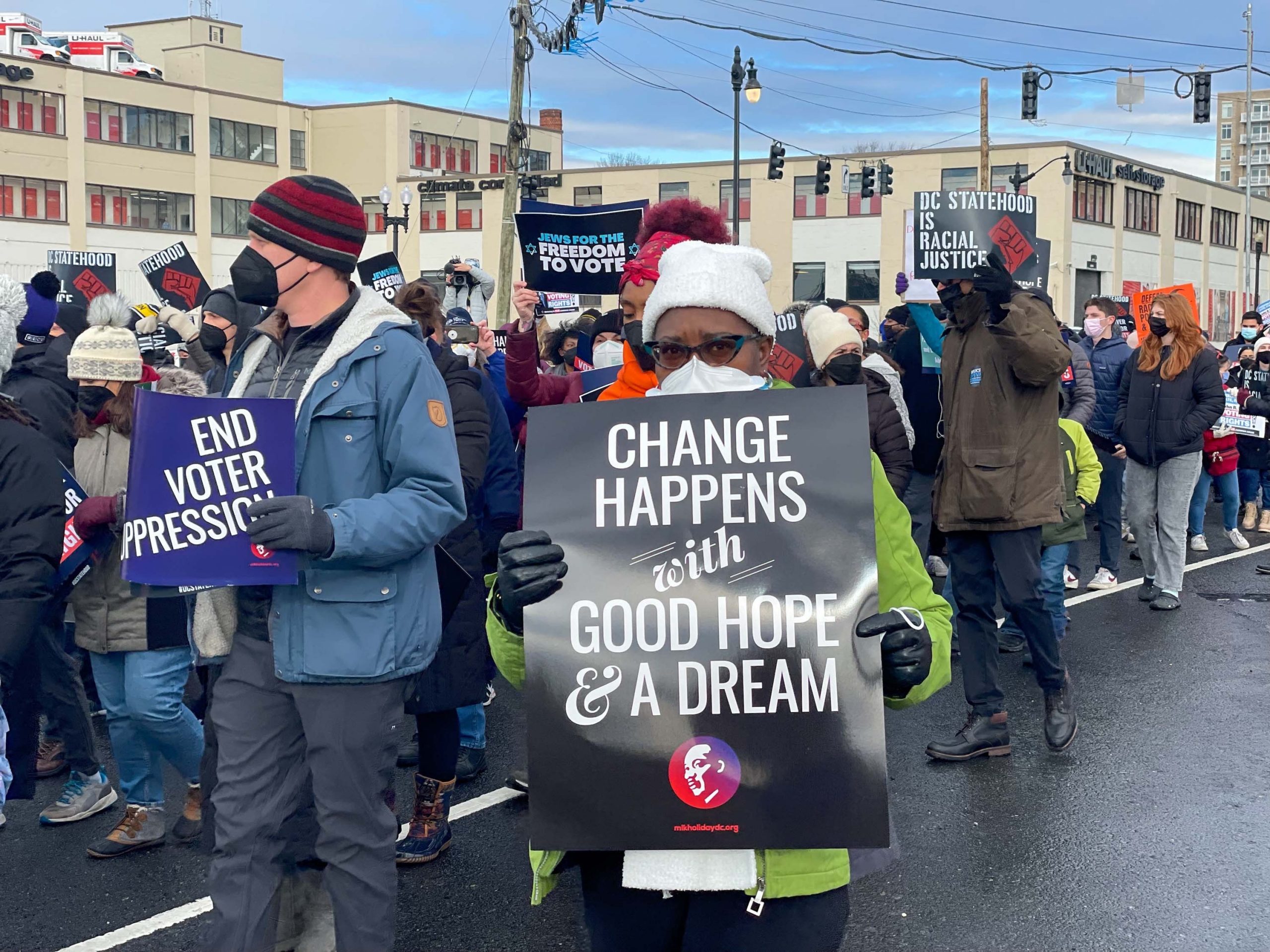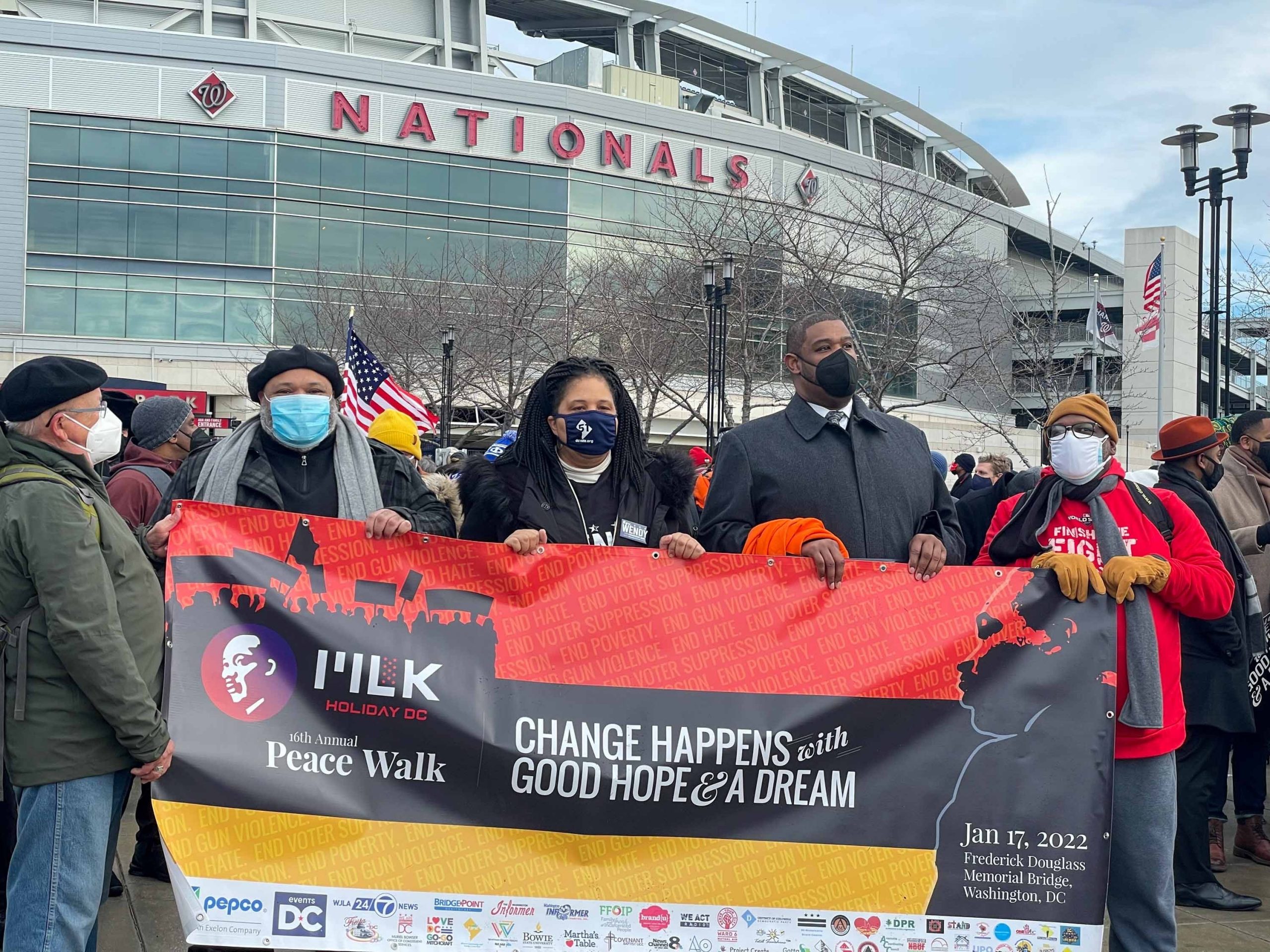Martin Luther King Jr. Day on Jan. 17 honored the historic Baptist minister who revolutionized the American civil rights movement by advocating for Black Americans through nonviolent protest.
King was famous for, among other things, his powerful Aug. 28, 1963 “I Have a Dream” speech — in which he eloquently preached his vision for a nation of freedom and justice for all Americans — during the March on Washington.
But it was not the first time the reverend had spoken on the National Mall.
Six years earlier, on the third anniversary of the landmark Supreme Court decision Brown v. Board of Education — in which the nation’s highest court decided racial segregation in American public schools was unconstitutional — King and his fellow activists were in Washington at the steps of the Lincoln Memorial where he later delivered the “I Have a Dream” speech.
As part of the Prayer Pilgrimage for Freedom, on May 17, 1957, King delivered what became known as his “Give Us the Ballot” speech to a crowd of approximately 25,000 demonstrators.
“King at this point is pretty new,” said David Lai, assistant editor of the King Papers Project at Stanford’s Martin Luther King Jr. Research and Education Institute.
“The Montgomery bus boycott has just concluded a few months earlier so he’s famous, but this is probably actually one of the first times he is speaking in front of a truly national audience,” Lai said.
King began his address by noting that many states were still defying the Supreme Court’s ruling that overturned the “separate but equal” doctrine, but quickly moved to his central point that African Americans were being prevented from registering to vote.
“The denial of this sacred right is a tragic betrayal of the highest mandates of our democratic tradition,” King said.
Although Black men formally gained the right to vote in 1870 with the passage of the 15th Amendment, their equitable suffrage was regularly blocked through at least the first half of the 20th century. Many barriers existed, from literacy tests to poll taxes. While Black women theoretically were granted the right to vote in 1920 with the passage of the 19th Amendment, which provided all women with the right to vote, they too did not effectively gain suffrage until the Civil Rights Act of 1964 and the Voting Rights Act of 1965.
“So our most urgent request to the president of the United States, and every member of Congress, is to give us the right to vote. Give us the ballot,” King said, giving the speech its title.
King continued to repeat “give us the ballot” and declared that he and his fellow African Americans would use their power to vote to elect judges and governors in the South who respected civil rights.
Eventually, King shifted to directly address the Black community.
“We must never become bitter,” King warned, arguing against indulging in hateful or violent protests.
As a result of his eloquent oration, King solidified his national prominence in the civil rights movement and set himself on a path as a leader in the Southern Christian Leadership Conference, according to The King Center, a nonprofit founded by his wife, Coretta Scott King.
King’s other celebrated speeches — his “I Have a Dream” address from the March on Washington, his Nobel Peace Prize lecture in 1964 —each have their own lasting legacy but, it was his “Give Us the Ballot” speech that marked a launch point for Dr. King’s journey to fame and that laid the foundation for further, and larger demonstrations in Washington.
Last week, President Joe Biden visited King’s crypt in Atlanta and his former church before speaking to a crowd on the issue King championed in his 1957 speech — voting rights.
“But as Dr. King’s family said before, it’s not enough to praise their father. They even said: On this holiday, don’t celebrate his birthday unless you’re willing to support what he lived for and what he died for,” Biden said.
This year, on what would have been King’s 93rd birthday, the country continued to celebrate his legacy — and in the nation’s capital, Martin Luther King III, like his father, gave a speech.

